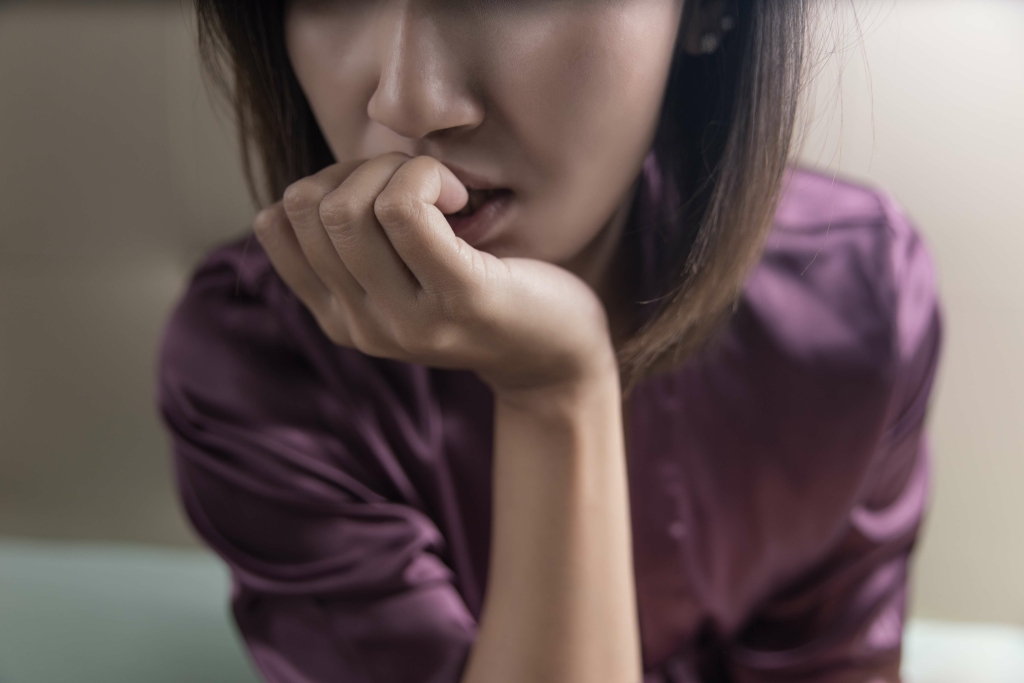Most have been evaluated in non-alcoholic insomnia patients so their efficacy in alcoholic patients is uncertain. Moreover, treating insomnia in the alcoholic patients requires special consideration because of the abuse history and potential for overdose with some pharmacological agents when mixed with alcohol. The evidence to date suggests that subjective and objective sleep continuity variables (insomnia) are robust predictors of relapse during recovery from alcohol dependence. On the other hand, the relationship between relapse and sleep architecture variables remains to be fully elucidated. Targeting insomnia during recovery from alcohol dependence may thus improve treatment outcome for the alcoholic patient. Researchers have noted a link between long-term alcohol abuse and chronic sleep problems.

In progressive relaxation therapy, training muscle tension and breathing are used to create a restful state. Greeff and Conradie reported that 10 sessions of progressive relaxation training in 11 alcoholic men with insomnia showed significant improvement in self-reported sleep quality (79). Insomnia, the most common sleep disorder, is marked by periods of difficulty falling or staying asleep. Insomnia occurs despite the opportunity and desire to sleep, and leads to excessive daytime sleepiness and other negative effects. Withdrawal occurs when the body is adjusting to life without the substance.
2. Alcohol’s association with sleep disorders
Any of these possibilities mean that when the person wakes, they aren’t feeling rested. On a day-to-day basis, this doesn’t seem like that pressing of an issue. In the long-term, however, it can be detrimental to one’s mood, energy level, physical and mental health, work performance, and quality of life. Chronotype is a product of both the homeostatic sleep drive and the circadian timing [10]. Chronotype can be conceptualized as being categorical (“morning”, “evening”, and “indeterminate” or “neither” types) or dimensional (ranging from extreme morningness to extreme evenigness) in nature. The “evening” type (greater eveningness) individual prefers a later bedtime and a later rise time and has a greater need for sleep.
Once we grasp the importance of biochemical balance, we can see why band-aid approaches to falling asleep RIGHT NOW (e.g., popping an Ambien) aren’t always best. The researchers in Norway sought to investigate what aspects of sleep might be affected in students, a category of consumers who had increasingly been drawn to energy drinks. They based the research on information from more than 53,200 college and university students, insomnia after drinking aged 18-35, in the country’s Students’ Health and Well-being Study. For those who are younger, pediatricians suggest those under 12 not have any caffeine and that children and teens not drink energy drinks. For those aged 12 to 18, experts suggest limiting daily caffeine intake to at most 100 mg, that found in two 12-ounce cans of cola. If you cannot recover mentally and physically, it will be hard to stay sober long-term.
How does alcohol affect your sleep?
Seeing pictures of friends partying or strolling down the uglier side of memory lane can keep you up even more at night. Another hour goes by before you attempt to sleep, which takes some doing because, despite the hour, your brain feels very alert. I am recommending a very mild tea that contains some Kava extract. It’s not straight Kava root or extract, which has sedative and psychoactive effects.
- Symptoms can range from mild to severe, and frequently include insomnia and other sleep disruptions.
- People with co-occurring medical conditions have an even higher risk of developing insomnia and/or substance use disorder.
- Sleep health is absurdly important, and I promise it’s worth skipping that extra cup of coffee or energy drink to be able to lie down and drift off to sleep at a reasonable hour.
- This supplement absolutely works to bring on sleep more quickly and to provide a deeper night’s rest.
- The Norwegian researchers defined energy drinks as non-alcoholic beverages with an average caffeine content of 150 milligrams per litre – the equivalent to 150 mg in 33 ounces.








